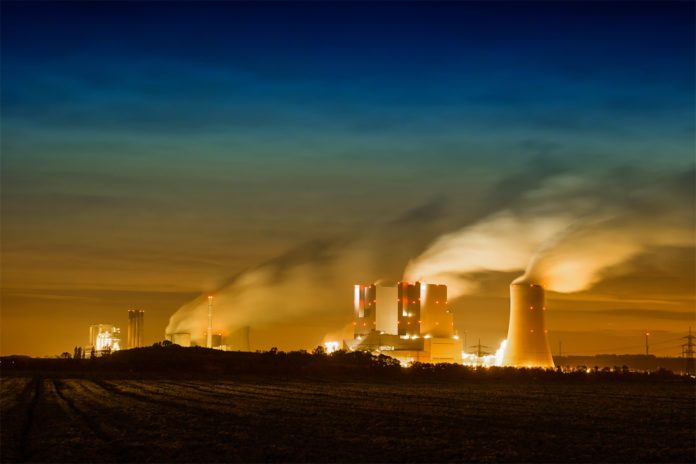Avoid a run, stay indoors, if you can this November week
With continued burning of crop stubbles in neighbouring states and dipping temperatures having sent Delhi’s air quality for a toss – yet again – pollution control agencies are advising a slew of measures. These include restrictions on private vehicle use and avoidance of outdoor exercise.
Medibulletin takes you through all that you need to know on air pollution.
What is air pollution?
Basic as the question sounds, air pollution needs to be understood to be countered. Air can be polluted either by the presence of chemicals or compounds that are not ordinarily present in it or by increase beyond prescribed limits of substance already present. Many factors contribute to it including wind speed, temperature and of course human action. According to the World Health Organization, six major air pollutants include particle pollution, ground-level ozone, carbon monoxide, sulfur oxides, nitrogen oxides, and lead.
Major air pollutants include particle pollution, ground-level ozone, carbon monoxide, sulfur oxides, nitrogen oxides, and lead
Why is air pollution dangerous?
The sheer range of human physiological processes that air pollution affects is the reason why it is so feared. A 2016 article in the Journal of Research in Medical Sciences, the official journal of Isfahan University of Medical Sciences notes: “Long and short term exposure to air suspended toxicants has a different toxicological impact on human including respiratory and cardiovascular diseases, neuropsychiatric complications, the eyes irritation, skin diseases, and long-term chronic diseases such as cancer. Several reports have revealed the direct association between exposure to the poor air quality and increasing rate of morbidity and mortality mostly due to cardiovascular and respiratory diseases. Air pollution is considered as the major environmental risk factor in the incidence and progression of some diseases such as asthma, lung cancer, ventricular hypertrophy, Alzheimer’s and Parkinson’s diseases, psychological complications, autism, retinopathy, fetal growth, and low birth weight.“
What can be done to minimise exposure to air pollution?
Precious little really if you are outdoors except to not add to it by using cars that pollute. It is better to stay indoors if that is an option. Air purifiers are a good option, though the actual benefits of a mask are limited when it comes to pollution. It may also be better as the Central Pollution Control Board suggests, to avoid outdoor runs during this time.


